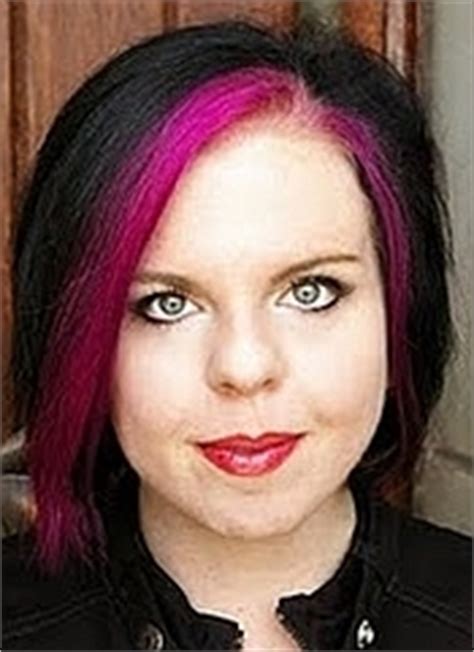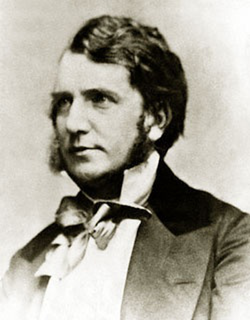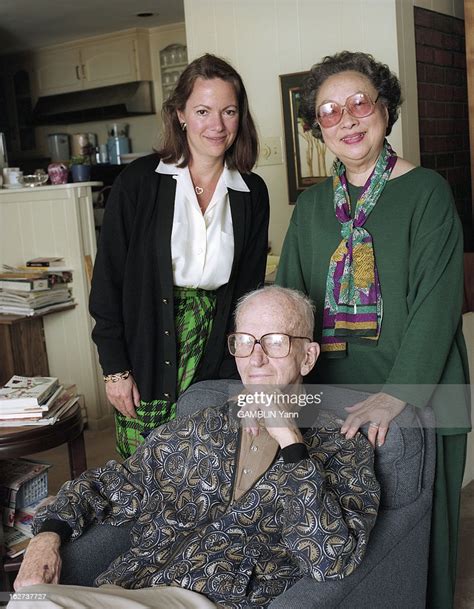A Quote by Heather Brewer
Live and everyone would die. Die and everyone would live. It seemed like such a simple choice. But nothing is ever as simple as it seems.
Related Quotes
TEF is predicated on logic, a simple wager that every human faces:
If a reasoning human being loves and values life, they will want to live as long as possible-the desire to be immortal. Nevertheless, it's impossible to know if they're going to be immortal once they die. To do nothing doesn't help the odds of attaining immortality-since it seems evident that everyone will die someday and possibly cease to exist. To try to do something scientifically constructive towards ensuring immortality beforehand is the most logical conclusion.
I would like to die peacefully with Thomas Tallis on my iPod before the disease takes me over and I hope that will not be for quite some time to come, because if I knew that I could die at any time I wanted, then suddenly every day would be as precious as a million pounds, if I knew that I could die, I would live. My life, my death, my choice.
You are afraid to die?' Yes, everyone is.' But to die as lovers may - to die together, so that they may live together. Girls are caterpillars when they live in the world, to be finally butterflies when the summer comes; but in the meantime there are grubs and larvae, don't you see - each with their peculiar propensities, necessities and structures.
I was sitting at home and had a profound experience. I experienced, in all of my Being, that someday I was going to die, and it wouldn't be like it had been happening, almost dying but somehow staying alive, but I would just die! And two things would happen right before I died: I would regret my entire life; I would want to live it over again. This terrified me. The thought that I would live my entire life, look at it and realize I blew it forced me to do something with my life.
When a plane crashes and some die while others live, a skeptic calls into question God's moral character, saying that he has chosen some to live and others to die on a whim; yet you say it is your moral right to choose whether the child within you should live or die. Does that not sound odd to you? When God decides who should live or die, he is immoral. When you decide who should live or die, it's your moral right.
Live Free or Die Hard may work better for an audience that doesn't know much about the series is than it will for Die Hard die hards, who will be wondering who that impersonator is and what he did with the real John McClane. The original Die Hard came out of nowhere to blitz the 1988 summer box office. The fourth installment arrives with a weight of expectations that Atlas would have trouble shouldering and, when the dust settles in September, it's unlikely that Live Free or Die Hard will be one of this year's big success stories.
Would you be willing to give your life to save the world if no one ever knew your name? If anonymity was the price you would have to pay for significance, would it be too great a price? To live a life of courage is not a guarantee of prestige or adulation. It only matters if you live and die fulfilling the mission you were born for.
What if it is for life's sake that we must die? In truth we are not individuals; and it is because we think ourselves such that death seems unforgivable. We are temporary organs of the race, cells in the body of life; we die and drop away that life may remain young and strong. If we were to live forever, growth would be stifled, and youth would find no room on earth. Death, like style, is the removal of rubbish, the circumcision of the superfluous. In the midst of death life renews itself immortally.





































